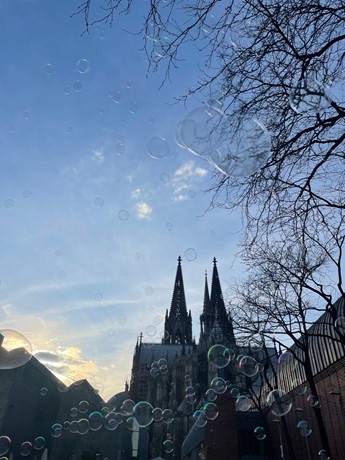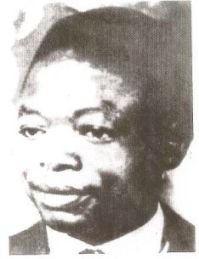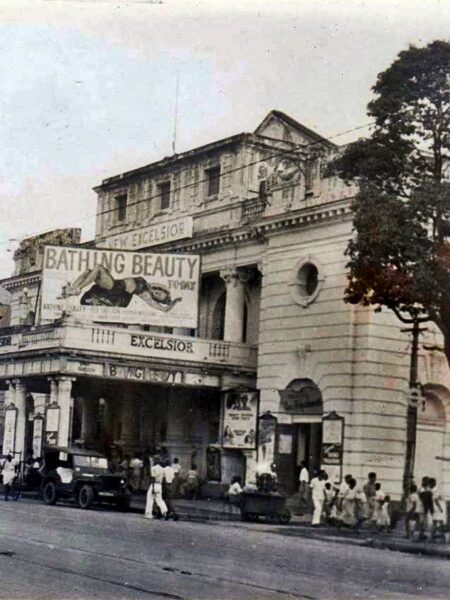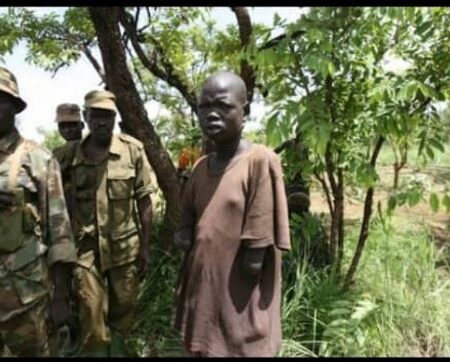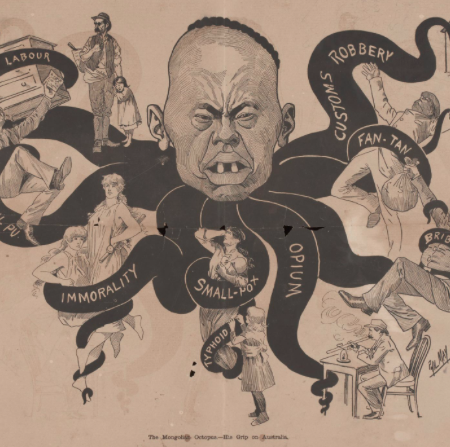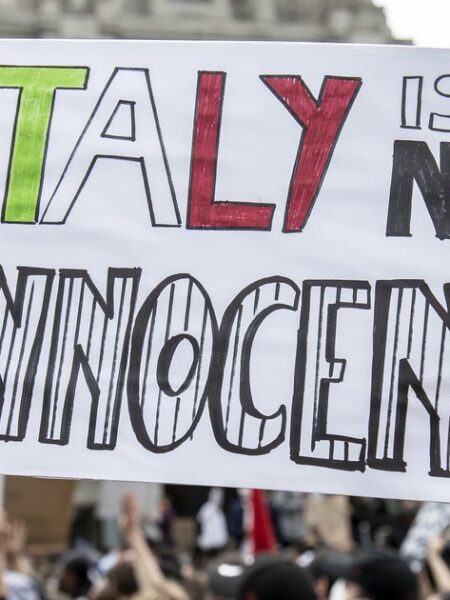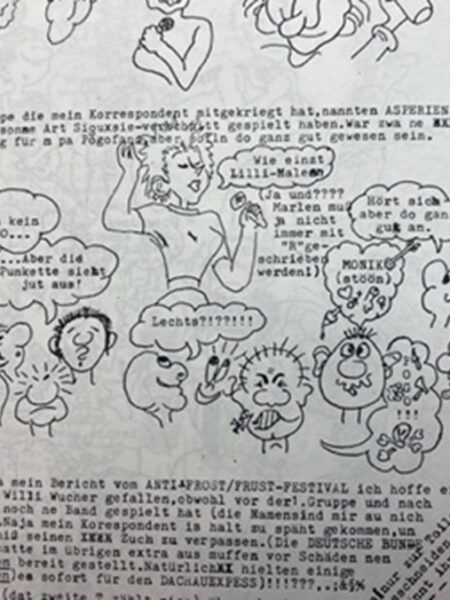Introduction
Empire and colonialism mark at least three centuries of Danish history, reaching wide across the globe, from the South China Sea to the Caribbean, from West Africa to the Arctic. It took form in various ways, including sugar plantations in the Danish West Indies, paternalistic development efforts in Greenland, and being the seventh most active participant in the transatlantic slave trade. While this history has certainly not been forgotten, it nonetheless still carries a veneer of unfamiliarity.
Growing up in Denmark, I was never invited to contemplate, grapple and reckon with the legacies of the Danish Empire. To me, this gap in my own education contained a deeply political statement about how the Danish national self-perception is constructed. It further raised questions about the extent to which Danish society could legitimately claim to have sought historical reckoning in our collective memory and identity.
As such, this project sought to engage both with the topic Danish colonialism as well as what social functions history serves in modern Danish society. In order to truly engage with and respond to the concerns outlined above, I structured the final project as educational material in the form of an online history workbook.
The Workbook
https://danmarkskolonihistorie.wordpress.com
The workbook, or source collection, targets high school students but is also organized in a way that is engaging for individuals. It consists of 4 key parts:
Part 1 – Context
The first part seeks to provide a background of theoretical foundations and general trends of history writing and Danish historiography. It traces the development of Danish colonial history with emphasis on changes since the 1980s. It has three modules:
- What is history?
- A brief introduction to the Danish colonial power
- The development of Danish colonial history
Part 2 – Analysis
The second part introduces the source material, that is quotes from different history books over time. In this part students are prompted to work through the sources with the aid of guided questions. The sources are organized in four key themes:
- Denmark in a context of European imperialism
- Trade
- Oppression and slavery
- Decolonization
Part 3 – Reflection
In the third part, we return to contemporary debates on colonial history. Pulling from history books and news, this section seeks to start a conversation with the readers on what the legacies of Danish colonialism are and what responses they require.
Part 4 – Future work
The final part contains a guided reading list, additional resources and some beginning questions for future research.
In addition, the workbook also has a teaching guide with additional questions, background and proposed exercises for going through the material as a group.
Dialogues
Dialogues across borders are at the essence of this project – between historians across time, between historians and the public, between histories of the former Danish territories and the nationalized Danish history, but most crucially, between students.
As the project grows, I hope to connect with students and teachers to have this incorporated into school curricula in a structured way. It is a living document, with continuous updates being made as more research is published and as the public debate develops. I hope to see it translated into English as well, hoping to spark conversation not just between Danish students but also voices from the former Danish territories.

